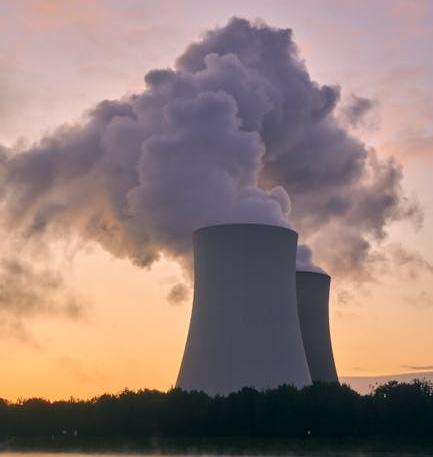September 15, 2011 - Artificial intelligence expert Sasha Luccioni has warned thatGenerative AIUses 30 times more energy than traditional search engines, is accelerating the climate crisis.

Luccioni is committed to raising awareness of the environmental impact of hot new technologies. She was named one of the world's 100 most influential people in artificial intelligence by Time magazine in 2024 and has been working for years to quantify the emissions of programs such as ChatGPT or Midjourney.
In an interview with AFP at the ALL IN Artificial Intelligence conference in Montreal, Luccioni said that generative AI requires a lot of computing power for training, which requires powerful servers. In addition, the energy consumed to respond to each user's request is significant. Unlike a search engine, generative AI generates new information, which makes the process even more energy intensive.
According to the IEA, the AI and cryptocurrency industry will consume a total of nearly 460 terawatt-hours of electricity in 2022, accounting for 2% of total global production.
Luccioni was involved in creating a tool to help developers quantify the carbon footprint of the code they run. The tool, called CodeCarbon, has been downloaded more than a million times. As head of climate strategy at Hugging Face, a platform for sharing open-source AI models, she is developing an algorithmic certification system similar to the U.S. Environmental Protection Agency's Energy Star program. The system helps users and developers understand the energy consumption of AI products and encourages them to make better decisions.
Luccioni emphasized that while her tool does not currently account for the use of water or rare materials, it is at least possible to measure energy efficiency and rate the energy consumption of AI products. She would like to be able to test all generative AI models, both open-source and commercial, but only open-source models are currently available for testing.
While Microsoft and Google have pledged to be carbon neutral within a decade, the companies' greenhouse gas emissions rise sharply in 2023 due to the development of artificial intelligence.Luccioni called for greater transparency from tech companies and said governments should take action to legislate on the use of AI.The company's greenhouse gas emissions are expected to rise by 2023 due to the development of artificial intelligence.The company's greenhouse gas emissions are expected to rise by 2023 due to the development of artificial intelligence.
Luccioni also advocates for energy conservation and points out that people need to understand the limitations and costs of generative AI. One of her studies showed thatUsing artificial intelligence to generate a high-definition image consumes as much energy as fully charging a cell phone battery. As more and more companies integrate AI technologies into our lives, Luccioni argues that we need to choose the right tools and use them wisely to avoid a greater impact on the environment.